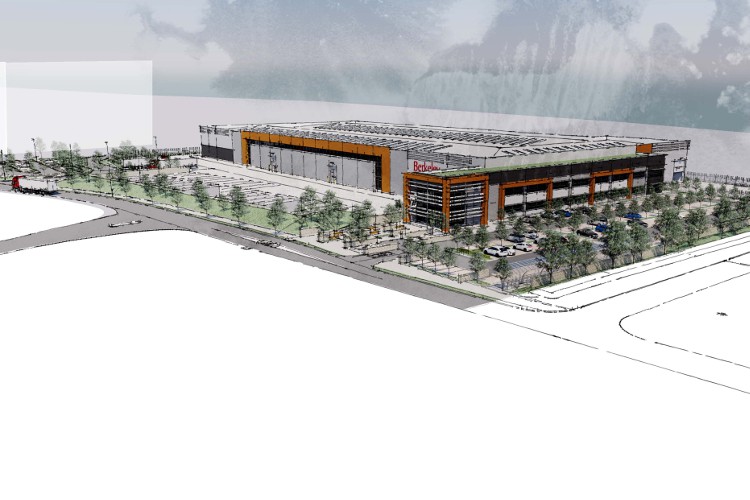Berkeley offsite factory
Project
Published by:
Datasheet
Company: Berkeley Group
Location: Gravesend, United Kingdom
Year of the project: 2018
Published: 02/08/2018
Description
BIM data will assist the construction of up to 1K homes a year made at a new offsite factory in Kent, that has begun to be built in Gravesham. Berkeley Group offshoot Berkeley Modular is in charge of the project and will initially produce volumetric modular units for medium and sky-high apartment blocks addressed to large family occupancy.
The firm will partner with CoBuilder, a building information specialist that will help to elaborate product information setup for all materials, elements, and equipment added into the homes, together with COBie data that will be used in the construction and for further repair and maintenance. According to Peter Foster, CEO of CoBuilder, “at present, the offsite industry creates data in a very old fashion but when Berkeley has set up its data structure based on our solution, the entire supply chain will work to the same template and format, including the machines in the factory.”
All the information from the craftsman will be digitalized through a standards-based product data samples that will avoid duplication of efforts and particular errors. It will cover both essential and non-essential features, including product dimensions or color, which can be saved into BIM using an API or a plug-in created by CoBuilder. Graham Cleland, director of Berkeley Modular stated: “Structured product data will be key to creating our digitally-enabled agile manufacturing platform and a seamless interface from the design model to a machine. This will enable maximum efficiency, both in terms of the creation of homes in the factory and the ongoing running of the built asset after they are built.”
The aim of Berkeley Modular is to give building owners the operation and maintenance data in a digital format simply accessible online. “25 years down the line they will be able to log on, locate information about a specific window system and see what they need to do to replace it,” said Cleland.
The company is testing with software based on a rule-based logic with the goal to consolidate the design process, therefore, designs are adapted to peer settings required for manufacture. “We are playing about with iLogic, but the final version of the software may utilize Revit or an Inventor plug-in,” said Cleland.
The project
Kent factory will be built on a 160,000 sq ft of land and is expected to begin production in January 2020. It will deliver around 20% of Berkeley’s production of 4,000-5,000 homes a year. The volumetric modules for “apartment-type solutions for large families” will be pre-arranged in the factory and then moved to the site and placed on the spot. Both facade and roof procedures will be applied independently on site.
Type of Work
- Building
area
- 160,000 m2
Companies collaborating in the project
- Berkeley Group
How was the BIM Experience in the project?
Reality Simulation: Does it help to get an idea of the final product?
Waste reduction, labor costs and deviations
Greater control of the construction process
Improves collaboration between agents
Conflict resolution and clash detection
Correction and error handling












